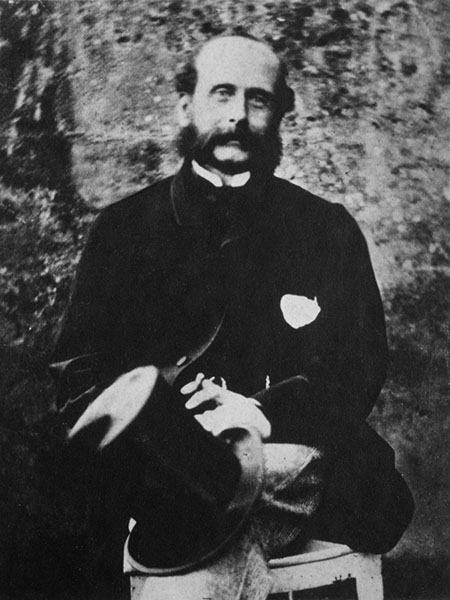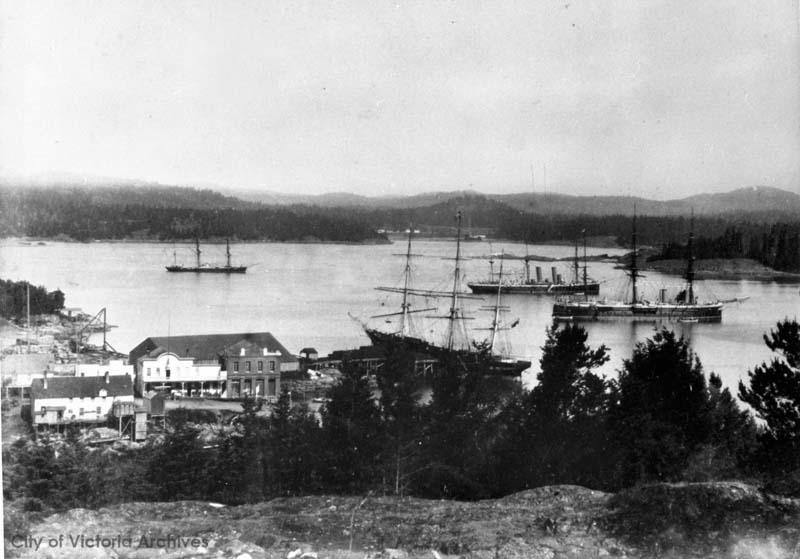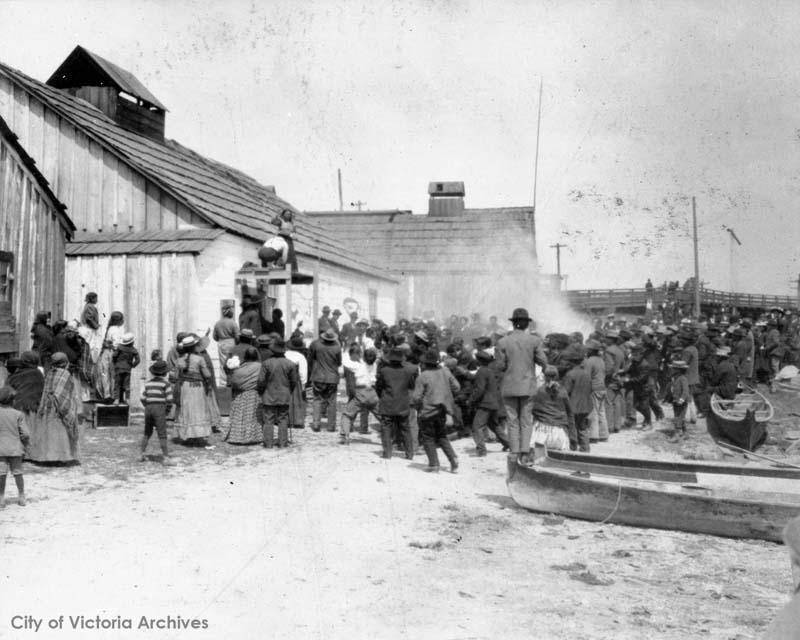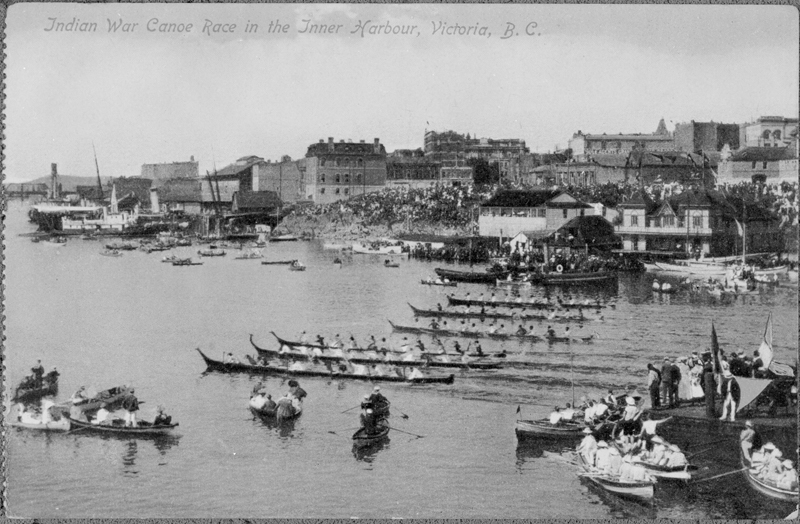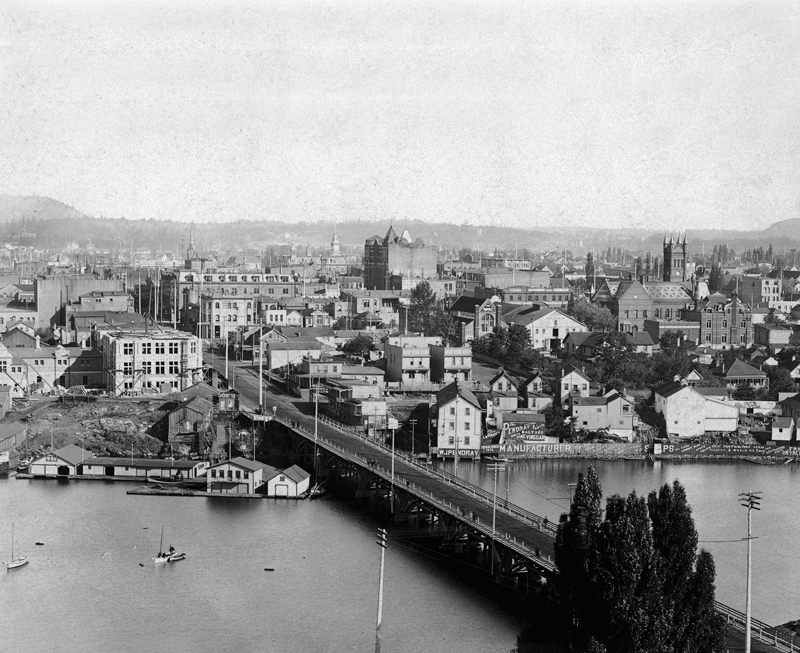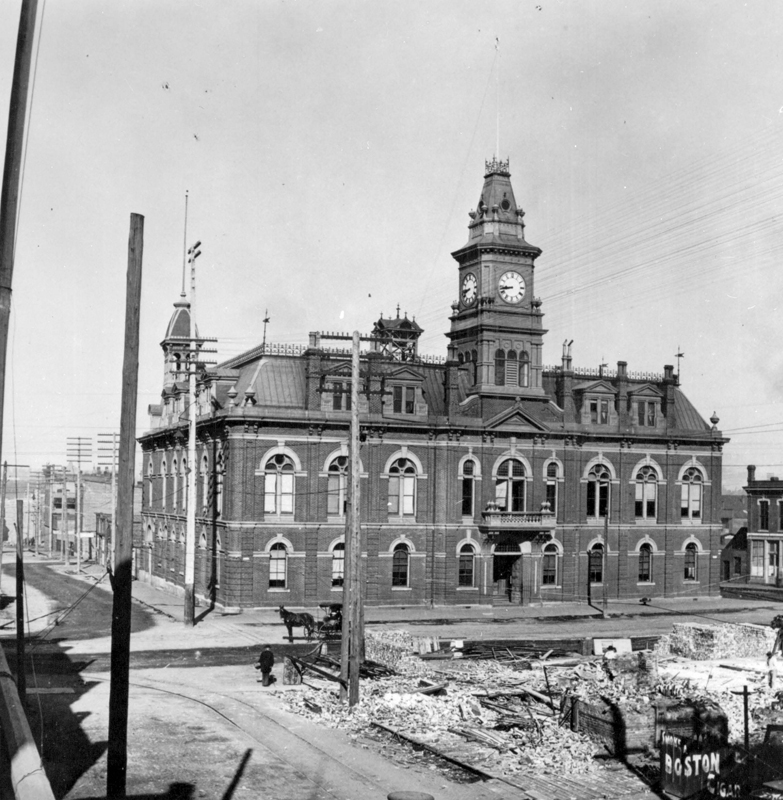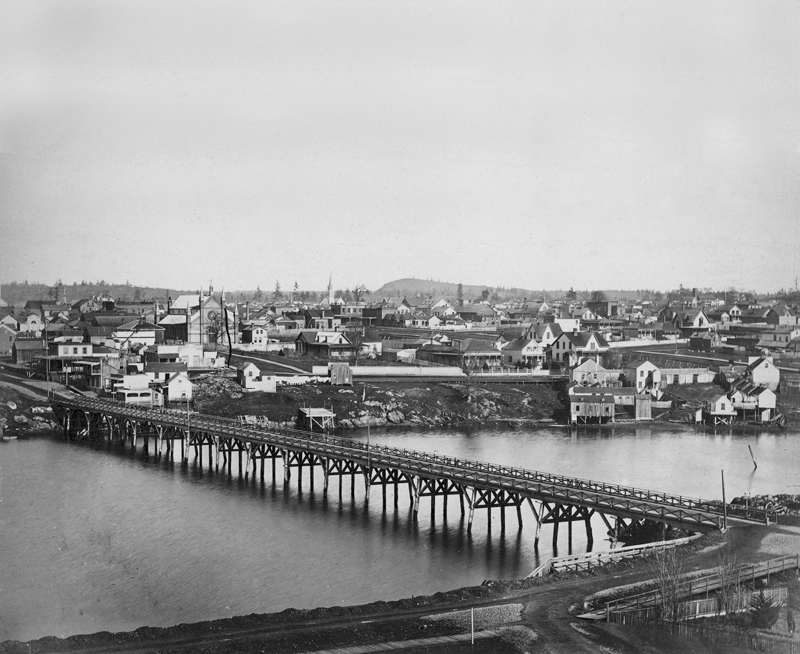Following the union of the colonies of British Columbia and Vancouver Island in 1866, New Westminster served as the home of the newly formed Legislative Council. Not wishing to anger the residents of Vancouver Island, the first Governor of the united colony, Frederick Seymour, decided that the council would be given the task of choosing where to locate the capital.
At the time, Victoria was B.C.’s largest city, the centre of commerce and easily defended by the nearby naval base in Esquimalt. Seymour, a mainland resident who favoured New Westminster, stalled after a vote that chose Victoria. Under pressure from London, he held a second vote, with the same result. Residents of Vancouver Island celebrated the vote, but some New Westminster residents remained opposed to the relocation of the capital.
On May 25, 1868, Governor Seymour reluctantly proclaimed Victoria as the capital of B.C.
Mifflin Wistar Gibbs was the first Black politician elected to public office in B.C., and the third in all of North America. A leader amongst the early Black settlers in the colony, he was elected to the Victoria City Council in 1866. In 1868, he was chosen as a delegate to the Yale Convention, where the terms of BC's entry into Confederation were discussed amongst 25 other delegates from across the colony. At the convention, the delegates intensely debated and passed resolutions favouring responsible government, the repayment of the colony's debt by Canada, and a wagon road connecting B.C. with the rest of Canada. While the colony's Legislative Council was largely against the pro-Confederation resolutions of the Yale Convention, many of the terms advocated at the convention were adopted when B.C. entered Confederation in 1871. Despite his important role in shaping B.C.'s future at the Yale Conference, Gibbs faced continuous racial discrimination in B.C. He returned to the U.S. in 1870 and eventually settled in Little Rock, Arkansas. In 1873, Gibbs became the first Black judge elected in the U.S.
